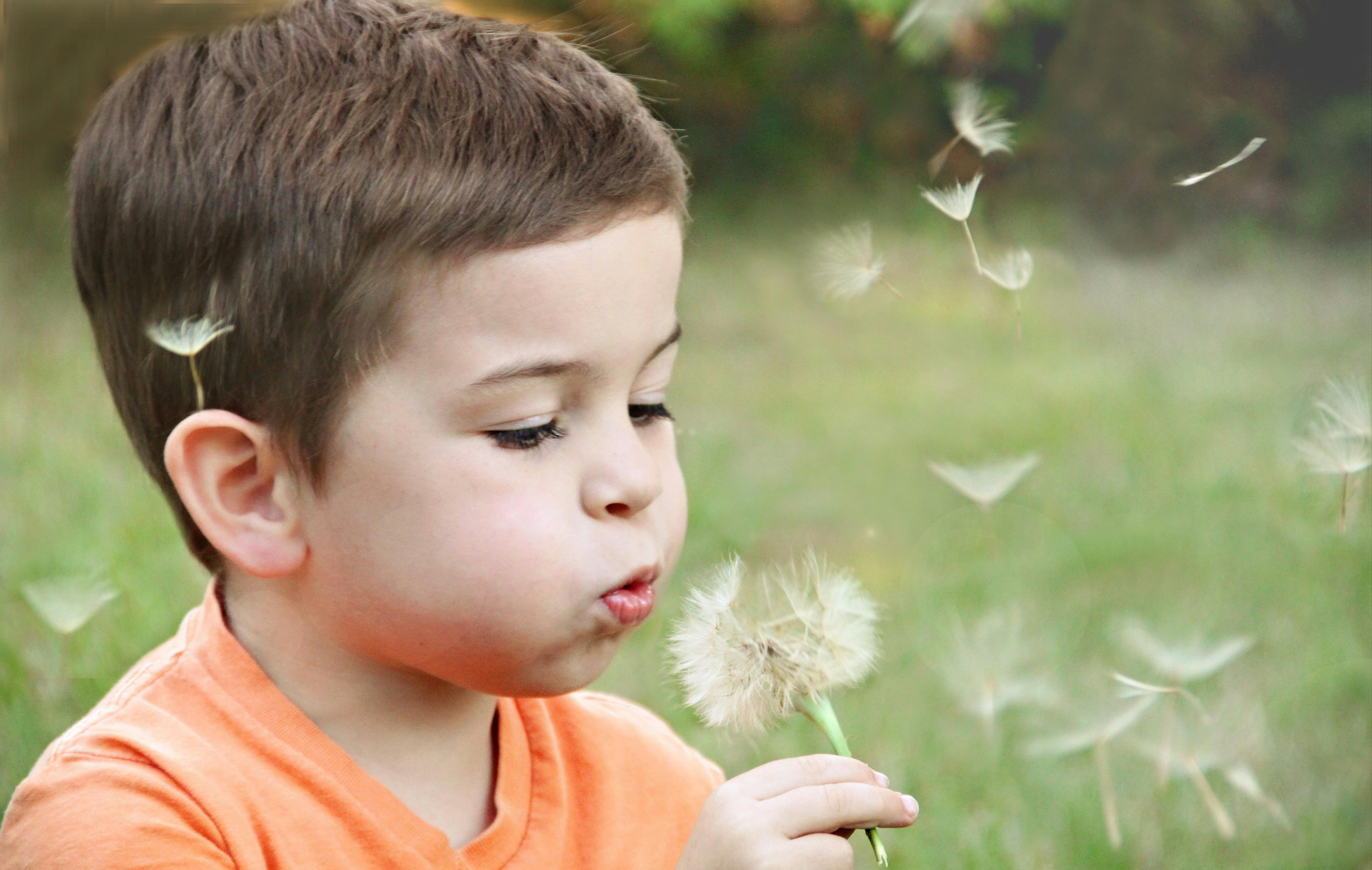The first story starts with us: Discover how to nurture emotional intelligence in a busy world
19 septembrie 2025
In a society that moves quickly and often feels overwhelming, children need tools to support the development of their emotional intelligence. Personalised stories become an accessible language through which little ones learn to recognise emotions, talk about them, and find solutions to difficult situations.
Here are a few simple techniques for parents, along with examples of stories that nurture emotional balance.
Why do we need stories in a fast-paced world?
Imagine a child who comes home after a busy day carrying a mix of feelings they can’t put into words. It's easier for adults to recognize these emotions: frustration, joy, shame, and fear. For children, however, emotions are like unknown characters.
Stories become the bridge through which these “characters” take shape, colour, and meaning. When kids hear a personalized story, they not only follow along, but they also see themselves in the heroes. It helps them understand that it's okay to be angry, that fear can turn into courage, and that sadness can bring comfort.
How do stories cultivate emotional intelligence?
1. Recognising emotions
In a story about a little bear left alone on the lakeshore because his friends went off to play without him, the child learns to identify loneliness. Simple questions from parents, like "How do you think the bear feels?" can help kids name their feelings. What once seemed confusing becomes clear.
2. Expressing emotions
A rainbow girl who loses her favourite toy in a story, and cries until she finds the courage to speak to her mother. This story is an example of a safe context where the child learns that it's okay to say: “I’m sad because I lost something important”, rather than expressing sadness through tears. Talking to your child after the story turns into a lesson about emotions.
3. Finding solutions
In a story, a small dragon who is afraid of darkness discovers that by switching on a lantern with his friends, his fear shrinks. The child learns that there is always a solution and that the support of loved ones is valuable. Next time they feel afraid to sleep alone, they’ll remember they can turn on a nightlight or ask for help.
Stories are wonderful tools that help children explore their inner world and support their emotional growth at every stage. Like a nurturing guidebook, stories gently help children build their emotional intelligence step by step.
Simple techniques for parents and children
Bedtime routine with a personalized story
As you cuddle your little one in the evening, share a gentle story inspired by their day, maybe a disagreement, or a triumph.
Open-ended questions
Show your support and share in their feelings by asking caring questions like, “What feeling did you have today, just like the character in the story?” or “How would you have reacted if you were in their place?” These questions help encourage thoughtful reflection and empathy.
Alternative endings
After enjoying a personalized audio story, continue the moment by talking about what happened next. Encourage your child to come up with their own ending, giving them a fun chance to be creative. It’s a wonderful way for them to practice thinking outside the box and find solutions during emotional moments.
The first story begins with us
Emotional intelligence isn’t something you learn from textbooks; it’s something you nurture every day through connection and conversation. Remember, the first story isn’t the one written in a book, but the one we cherish and create together with our child.
In our busy world, Povelia’s stories gently remind us to pause and focus on what truly matters: kindness, understanding, and finding our balance.
While you'll switch off the light tonight, what story will you invent to help your little one understand their emotions? Generate the story!
Try a personalized audio story now!
With Povelia, you can create a unique opportunity to bond and communicate with your little one, where you can forget about stress, worries, or phone screens.

Latest articles
Join the community of parents who
have chosen Povelia for their children
Subscribe to the newsletter and instantly receive 2 extra stories in your account for more special moments with your child, plus tips for their personal development.





